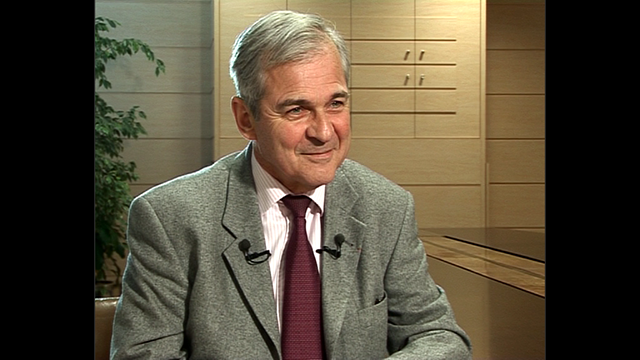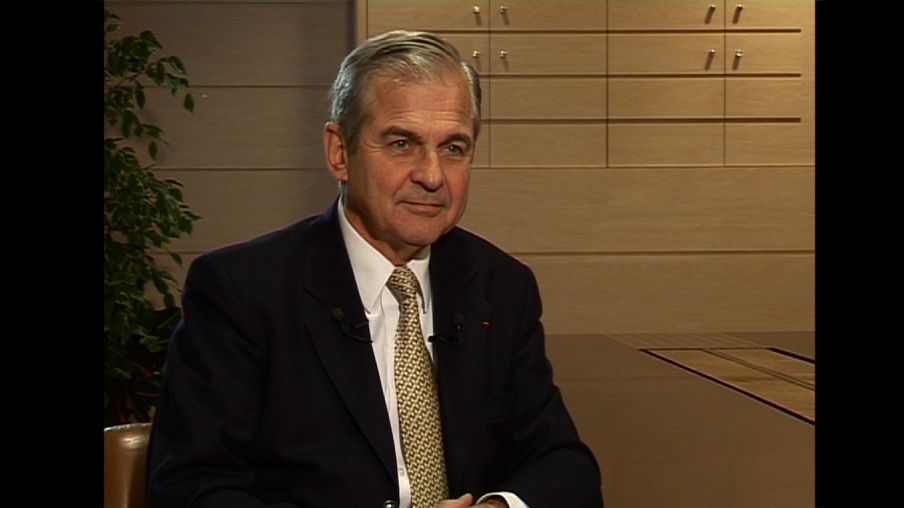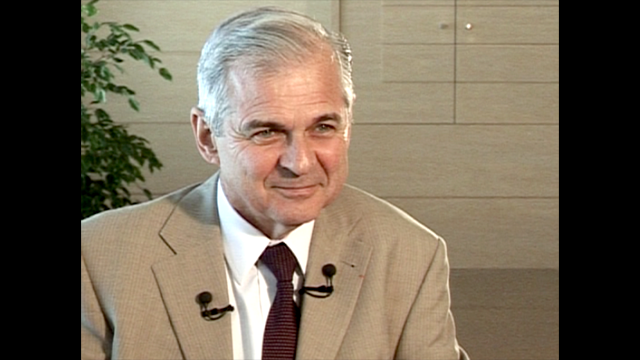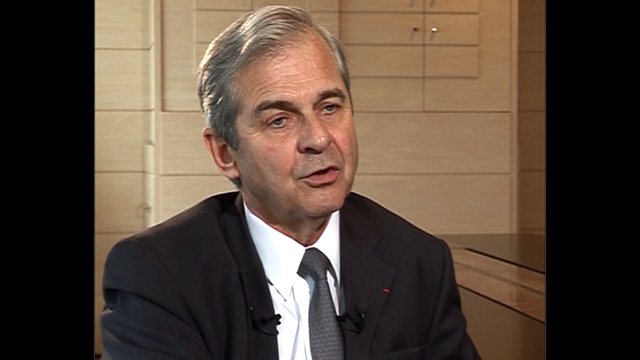EuroBusiness Media (EBM): Technip, one of the world's leading oil services companies, just reported full-year earnings for 2004. Daniel Valot, welcome. You are the Chairman and CEO of Technip. What are your comments on Technip's performance in 2004?
Daniel Valot (DV): Well, I wish all years were as good as this one. We set very ambitious targets for ourselves at the beginning of the year: an increase in revenues of 9%, and a bottom-line growth of 35%. We are satisfied to have hit these targets, which were rather ambitious, in spite of the dollar's decline and raw material prices going up. So I believe it's a strong performance.
EBM: Precisely, in 2004 the US Dollar was weak and steel prices increased. How do you explain Technip's strong earnings resilience despite these two negative
factors ?
DV: On the US Dollar side it's very easy: we have a policy of strictly hedging our position so we are not hit at all by the decline of the US Dollar. Regarding raw materials prices, it is more difficult of course. We suffered from this impact. Nevertheless, it's mitigated by our global procurement organisation. So, I feel we fared rather well compared to our competitors in this area.
EBM: In 2004, your cash flow increased significantly while your net debt decreased for a third consecutive year. As a result, your balance sheet is now back in solid shape. What do you respond to some observers who feel that you are not leveraging your balance sheet enough ?
DV: Well, I think it's rather prudent for an engineering and construction company not to be too leveraged. Besides, it's good for us to have room to manoeuvre in order to prepare the future.
EBM: Your cash flow enabled you to pay out a portion of your dividend ahead of schedule. What is your dividend policy going forward?
DV: Our policy is to keep this dividend at the same level as it was last year, as long as our pay-out ratio is well above 50%. On the current basis it's at 60%, which is I believe the highest pay-out ratio in our industry.
EBM: Your shares outperformed all the broader market indexes. Some would argue that Technip is now fairly valued, having had such a great run in the market. Should we fear that investors will turn away from Technip shares in their
continued search for undervalued companies ?
DV: Well, it's up to them to make their own decision! My feeling is that we still have a very good potential for growth, both in revenue and earnings. Perhaps our stock looks fairly valued today, but it's probably undervalued compared to our growth prospects.
EBM: What is your guidance and outlook for Technip in 2005?
DV: We gave our guidance at the beginning of this month. According to our budget exercise we believe our revenues, expressed in Euros, will be slightly lower this year than in 2004, probably around € 4.8 - 4.9 bn, the main reason beeing that we took a conservative assumption for the US Dollar value -- 1,35 US Dollars to the Euro, for the full year 2005. This being said, our intention is to continue to improve our operating margin ratio, in order for our net income in 2005 to reach its 2004 level, and if possible do better, of course.
EBM: What is the longer term outlook for the industry segment of your business ? Some observers wonder if you are still very committed to this segment, after it has recently shown disappointing performance?
DV: The disappointing performance we have seen these past years is linked to the restructuring process we have been conducting. I believe we are at the end of this process, and we are now moving forward again on this business, for which our strategy is to bring it to something like 10% to 15% of our consolidated sales in the next three or four years. So we are really committed to developing this business.
EBM: What is your broader picture of the major trends that investors should anticipate in the energy market in coming years ? In what way is Technip well positioned to face the new challenges that lie ahead?
DV: We are facing a massive need for additional capital spending to develop the oil and gas needed to supply not only developed countries, but more and more developing countries. Do you know for instance that China's needs for oil today amount to 38% of the European Union's needs, but they will reach 85% twenty years from now. There is a massive growth in those countries; China, India, South-East Asia will need to spend each year, on average, about $200bn in oil and gas exploration, development, transformation, transportation and so on. We are facing there a very strong market for new capital spending. More precisely, we believe the higher growth segments will be for difficult oil, meaning deeper and deeper waters, gas liquefaction, gas to liquids and non-conventional oil, i.e. extra heavy oil which can be found mainly in Venezuela and Canada. We, Technip, are extremely well positioned on those markets.
EBM: Daniel Valot, Chairman and CEO of Technip, thank you very much.
DV: Thank you.





